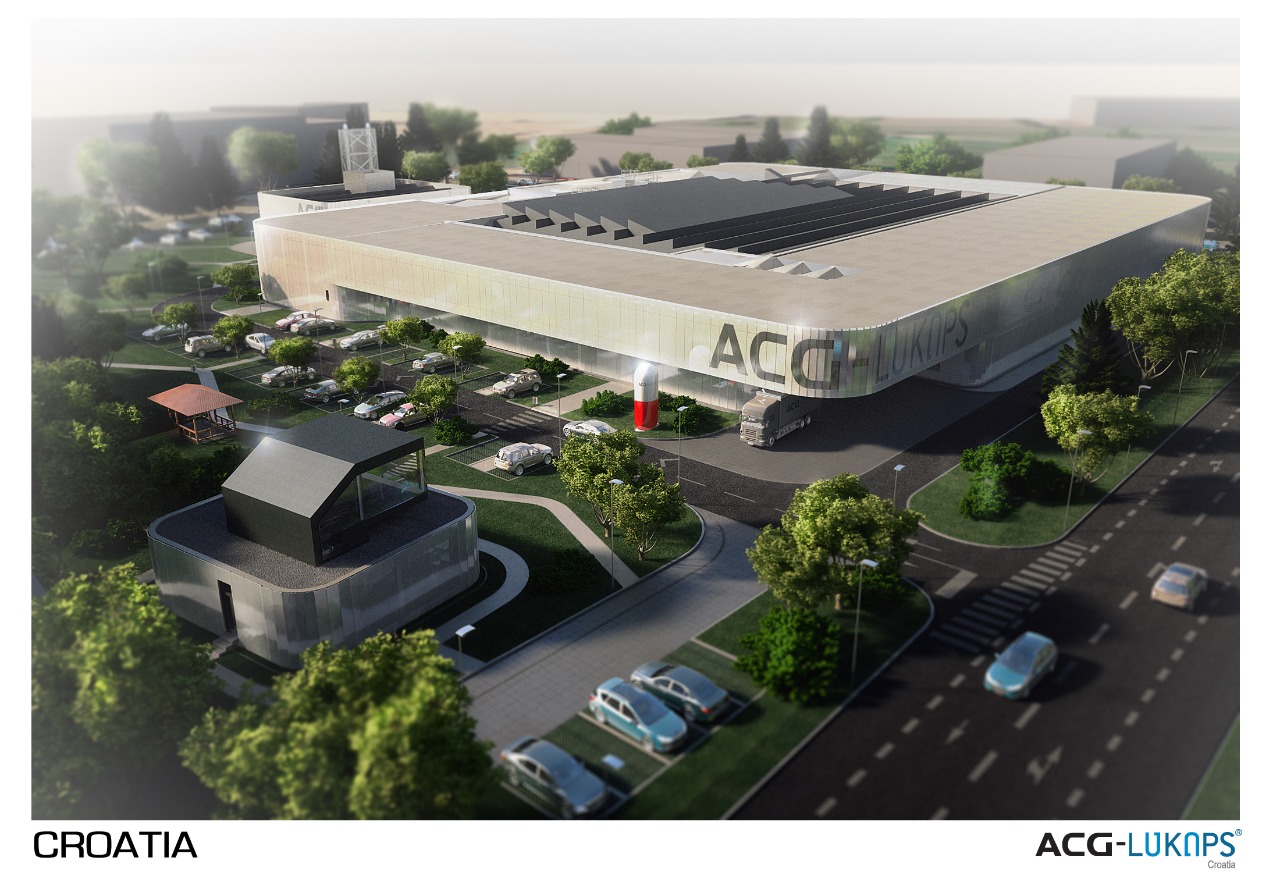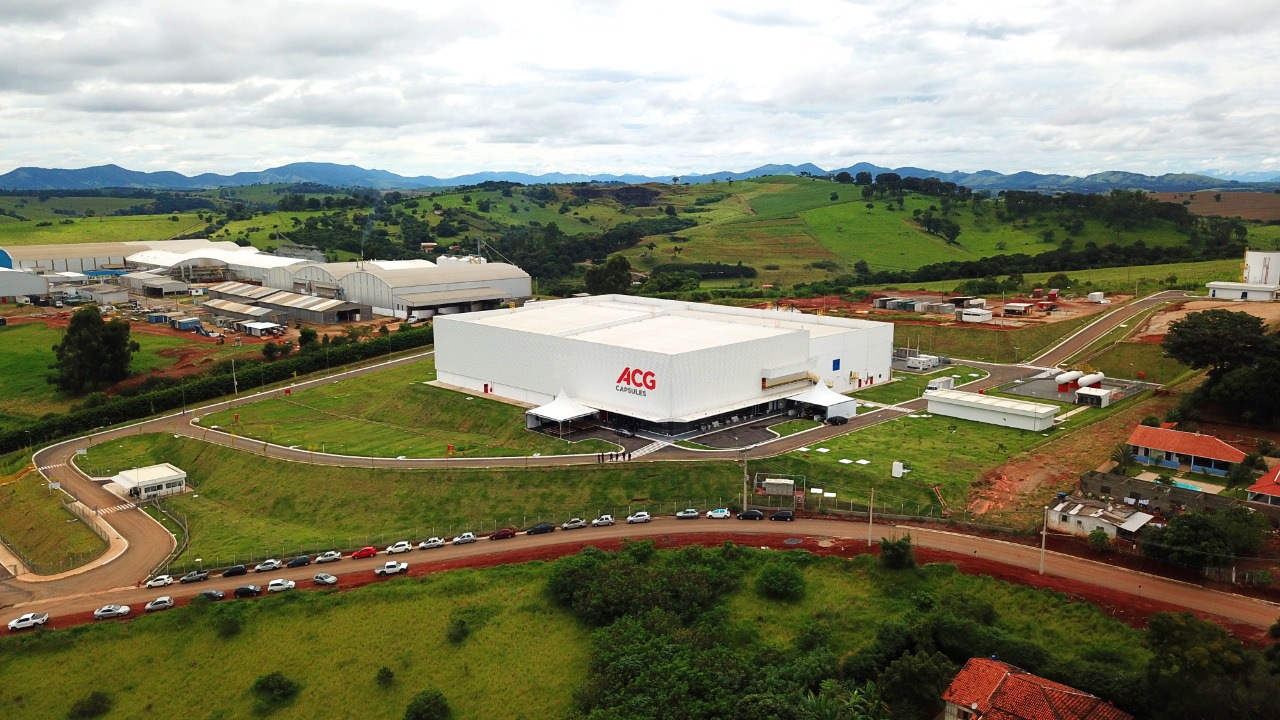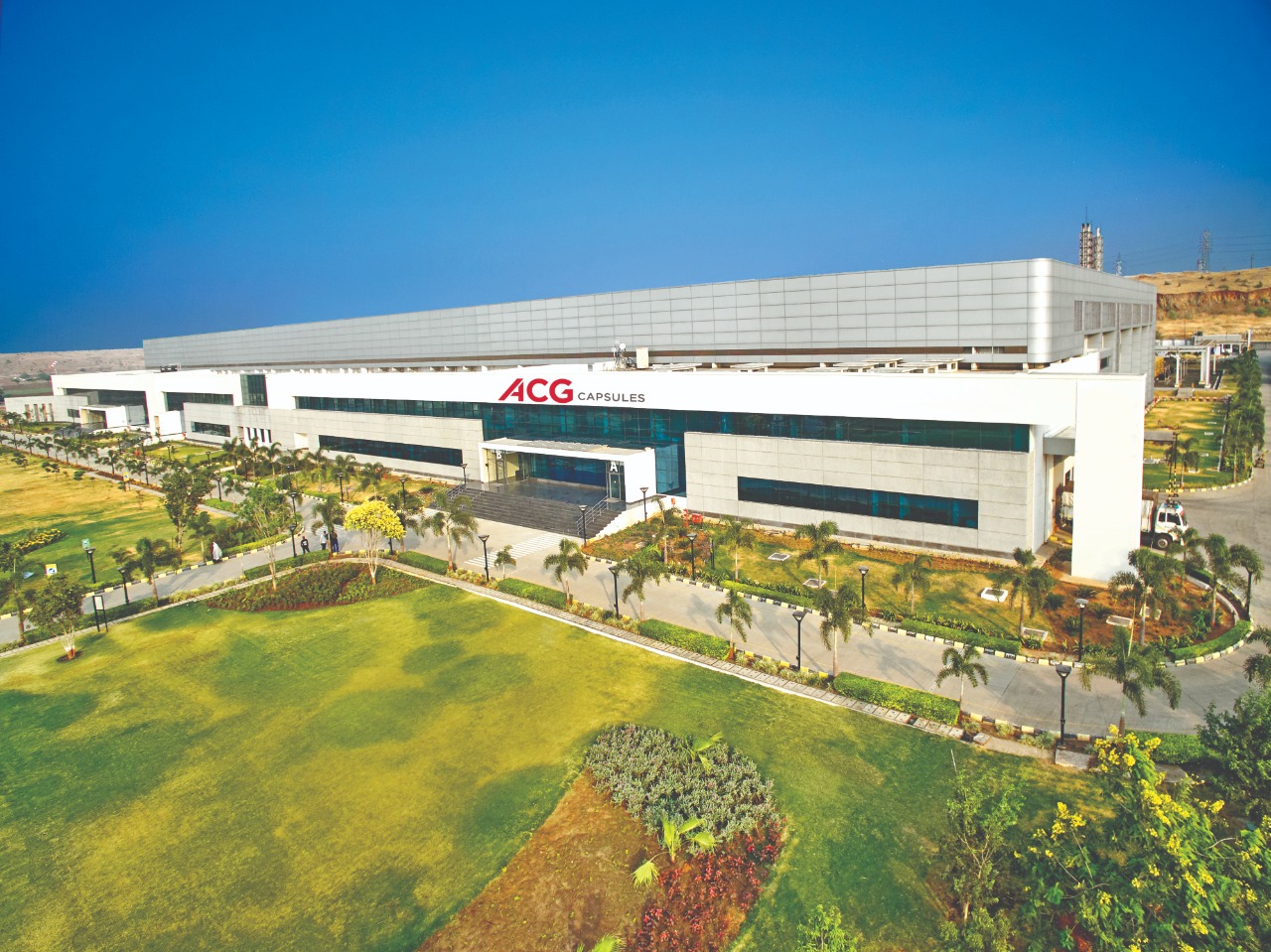Interview with Mr. Ajit Singh, Chairman, ACG
Q1. As a market leader in the packaging / converting sector what’s your strategy on make in india and serve the world?
Our strategy has always been to make in India as well as to use India as a manufacturing base. For several years ACG has been exporting approximately 50% of its production. One of its more recent plants located at Pithampur, M.P. is a 100% export unit.
Meanwhile ACG is also expanding in other countries. It began to set up such manufacturing sites sometime ago when it exhausted the domestic demand in its target segments. Its overseas plants enable ACG to give quicker service to its customers and can supply most of their global locations from our plants in several continents.



Q2. Which markets do you foresee to offer more growth once the post the covid-19 situation improves? How will buyers in India respond to expansion and investments in your technology?
We see growth in most markets even now. The progress of a company is defined by its passion, speed, flexibility and strategy. Along with continuous improvement, breakthroughs and new products through substantial R&D. When a company reaches a certain size of business it is wiser to find ways of making the total market grow, and not just acquire greater market share.Our own company’s growth has not been affected by the COVID crisis. The governments in various countries have supported us in many ways considering that most of our products form an essential input for the pharmaceutical industry and healthcare.In addition to pharmaceuticals, many of ACG’s customers manufacture nutraceuticals, dietary supplements and health food ingredients. These help with boosting immunity and avoid infection till suitable vaccines become available. We see the consumption of such products continuing as a new normal far into the future.
Our buyers look forward to our continuing expansion and investments in India and overseas, incorporating the latest technology. They have come to expect this from us, and they have assured us their long-term support.
Q3. What were some of the important measures you took to get back from lockdown and how did you serve you clients despite challenges of the lockdown?
Our very quick recovery from the lockdown back to former production levels was a result of the foresight and efforts made by our leadership team, headed by our Managing Director Mr. Karan Singh. Such measures included pursuing the government for support required in these special circumstances. We hardly ever ask for government support in normal times.
We sought assistance in the movement of our goods, including at ports and for the unhindered movement of our personnel coming to work. We also reached out to our suppliers as well as our suppliers’ suppliers. For example, to assist our carton manufacturers start-up again, we motivated and assisted two paper mills who were their suppliers. For servicing and installation of our products, we had introduced a long-distance virtual assistance system across the globe.
You can imagine that our supply-chain, sales, marketing and communication and H.R. divisions were really stretched. Their superb handling of the crisis still continues.
Most governments had geared up for fast response and support for essential industries. We hope that this relationship will continue long-term – a true example of public-private partnership at the individual unit level.
Q4. COVID has thrown multiple challenges to manufacturers. What are some of the new innovations that has made this challenge into an opportunity?
COVID has created more challenges for us than could ever be imagined. However, our practice of worst-case scenario planning has assisted us to meet challenges of such a “black swan” event, as described by the author, Nassim Taleb.
Interestingly, the unexpected crisis has led to new innovations and opportunities for our group and, surely for many other companies. We have learnt to do more with less. Particularly in the areas of manpower. Also, there has been cost savings by eliminating or greatly reducing non-essential activities. These new norms are likely to continue even after COVID subsides. Managing with smaller teams is perhaps not in the interest of employment in the country. However, we are in the process of retraining and reskilling many of our people to transfer them to our greenfield sites coming up.
Another interesting phenomenon has been the much greater involvement of our leadership teams and senior management in greater understanding and handling activity which normally were delegated to lower levels. Such hands-on management and carefully monitoring day-to-day operations, has ensured quicker decisions and implementation. An emphasis on speed, productivity and customer focus has substituted for innumerable meetings and written reports. Company-wide camaraderie and mutual assistance has been evidenced like never before. If a top-level consulting firm had been engaged it would have taken years to achieve such results, if ever.
Q5. How do you compare b2b exhibitions in India and abroad especially with events in Germany and china? Do you see India emerging as the go to destinations of converting / packaging event?
Despite some advances in the last few years, India remains far behind in exhibitions as compared with Germany and china, particularly Germany. Considering that India is one of the world’s largest internal markets with lower costs and skilled manpower it long ago should have become a centre for leading international exhibitions. The reasons for India lagging behind are well known - a near absence of infrastructure for exhibitions as well as lack of easy access and convenient facilities for exhibitors and customers from abroad and India.
B2B exhibitions disseminate new technologies, encourage collaborations and facilitate appropriate purchase decisions. This is particularly required in the converting and packaging industries. This is finally being appreciated by infrastructure investors in the private sector and by the government. Global exhibition organisers like reed exhibitions are increasing their presence and even arranging virtual exhibitions from India for the global market. They are setting a creditable example.